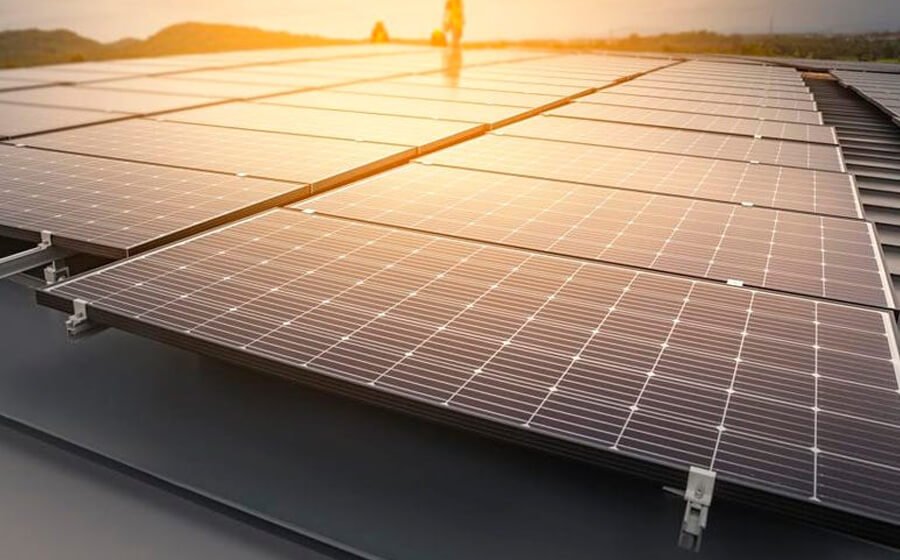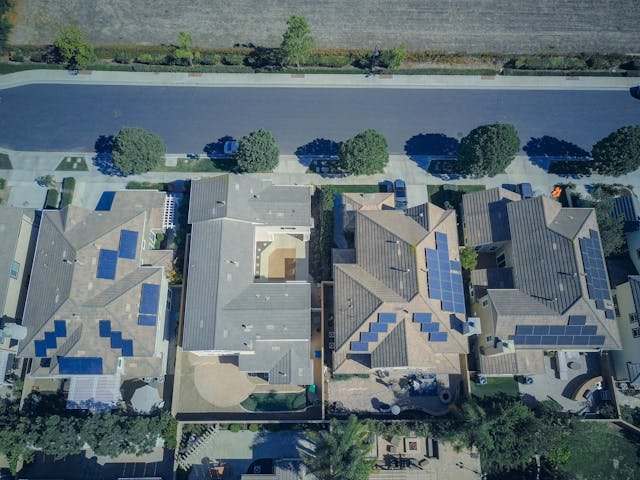Deciding to switch to solar panels is commendable. With solar panels, you will not only spend less on electricity, but you will also be helping the environment. If you live in New Jersey, you can contact EcoGen America serving New Jersey to get your solar panel.
Making the decision to buy a solar panel is one thing. However, picking the most efficient solar panel for your type of home and area is another thing. With several options to select from, it is quite easy to pick the wrong one. This is why you need to take some time to research solar panels and solar installation companies around you.
In this article, you are going to learn more about solar panel efficiency, so read on.
What Is Solar Panel Efficiency?
A solar panel’s efficiency indicates what percentage of sunshine is converted into useful power. In order to convert more of the sun’s energy into usable electricity, a panel’s efficiency rating must be high. Also, the lower a panel’s efficiency rating, the lower the amount of energy it can convert.
For instance, if a solar panel has an efficiency rating of 10%, it means that it converts 10% of the solar energy contained in the sunshine into electricity.
Which Solar Panel Efficiency Ratings Are The Best?
Once upon a time, 15% solar efficiency panels were once considered state-of-the-art. Now, such a score would be considered low.
Currently, the market’s top-rated panels are recording an efficiency of about approximately 23%. But any rates of solar efficiency above 20% are considered okay.
Even though a rise from the old rate of 15% to 20% might not seem like much, it actually represents a 31% increase in a relatively short amount of time.
Is The Solar Energy Panels Efficiency Rating The Most Important Factor To Consider?
It’s human nature to try to simplify complex issues down to a single criterion, but when it comes to solar panels, there are actually quite a few factors to think about. When comparing various models, there are a number of aspects to keep in mind, solar efficiency rating being only one of them.
For instance, you also have to consider the price of the solar panel and determine if it is within your budget. The cost of solar panels varies widely depending on their type. Panels with higher performance standards will typically cost more. As a result, you should weigh efficiency and cost while making a choice. Under the new ECO4, solar panel grants are available to households across the UK in 2023. Read the Warma UK guide to know how to qualify for a solar panel grant.
Other factors to consider when getting a solar system include the following;
Location
Roof type
Energy needs
Permits
What Factors Affect Solar Panel Efficiency Ratings?
There are many factors that affect a solar panel’s efficiency rating, which are;
Age
As solar panels age, their efficiency gradually declines. After 30 years, they normally lose 12-15% of their original output in terms of power.
Cables and busbars
A solar power system’s output is also affected by the wiring scheme used to connect its individual cells. These are the tiny lines on the surface of a solar panel.
Rather than using a small number of thick busbars, several solar panel producers have shifted to multi-busbar technology, which employs many ultra-thin busbars. The solar cell is able to soak up more sunlight because of the thinner busbars, which also minimize the amount of shadowing it receives. So it’s a good idea for you to go for a solar panel that uses multi-busbar technology.
Temperature
Solar panels perform best in cooler temperatures. As a result, they will function at peak efficiency during the winter and at reduced efficiency during the summer.
The Slope Of Your Roof
You may see a difference in performance depending on which way your roof slopes. In an ideal situation, panels would be set up so that they would face the sun directly.
Dirt and debris
Your solar panels may become covered with debris if you live in an area prone to wildfires or is very dusty. This will decrease the quantity of sunlight that can be converted into electricity. Solar energy output can be diminished by anything as trivial as bird droppings. However, if you want to get the most out of your panels’ ability to generate power, you may want to consider having them professionally cleaned every once in a while.
Solar panel efficiency ratings can be quite confusing. However, by reading this article, you will be able to understand it better and make the right choice.
















